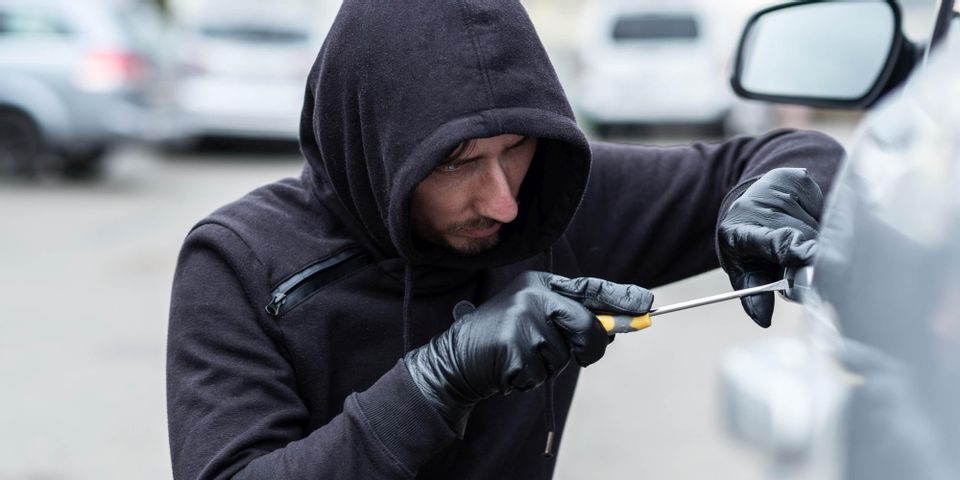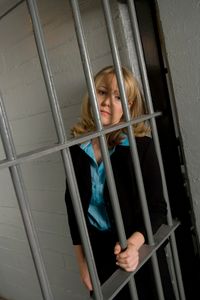When Does Theft Become a Felony Charge?

Theft crimes involve taking someone else’s property unlawfully, and felony convictions mean high fines and jail or prison time. As attorneys often advise, there are various degrees of offenses and penalties an accused person can face, depending on the items and values involved. Here is how Connecticut law charges individuals with felony theft or larceny.
Larceny vs. a Felony Theft Crime
 Connecticut law treats theft of property valued under $2,000 as a misdemeanor, and anything over $2,000 as a felony. When pricier items are stolen, the crime is termed first-degree larceny. The Class B felony carries fines of up to $15,000 and prison time of one to 20 years. For theft of property worth more than $10,000 but less than $20,000, the charge is second-degree larceny, a Class C felony offense that carries a prison sentence of one to 10 years and a fine of up to $10,000. Third-degree larceny, a Class D felony for property worth over $2,000, carries one to five years in prison and up to $5,000 in fines.
Connecticut law treats theft of property valued under $2,000 as a misdemeanor, and anything over $2,000 as a felony. When pricier items are stolen, the crime is termed first-degree larceny. The Class B felony carries fines of up to $15,000 and prison time of one to 20 years. For theft of property worth more than $10,000 but less than $20,000, the charge is second-degree larceny, a Class C felony offense that carries a prison sentence of one to 10 years and a fine of up to $10,000. Third-degree larceny, a Class D felony for property worth over $2,000, carries one to five years in prison and up to $5,000 in fines.
The Role of Intent
To convict a person of theft or larceny, a prosecutor must prove the accused meant to take the property permanently. Criminal defense attorneys often raise questions regarding intent by showing they had or planned to return those items, made a mistake, didn’t realize ownership, or other scenarios that create reasonable doubt.
Individuals facing felony theft and larceny charges need strong representation. In Torrington, CT, the criminal defense attorneys at The Law Offices of Conti, Levy and Salerno, LLC. offer vigorous advocacy and 75 years of combined experience to residents throughout the Litchfield County area. From arrest to plea bargains and trials, these dedicated lawyers provide wise counsel to protect your rights and freedoms during the process. Visit the website for comments from past clients about their unparalleled legal services. Call (860) 482-4451 to schedule a confidential consultation with an attorney.
About the Business
Have a question? Ask the experts!
Send your question

